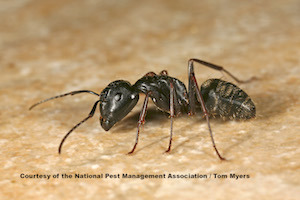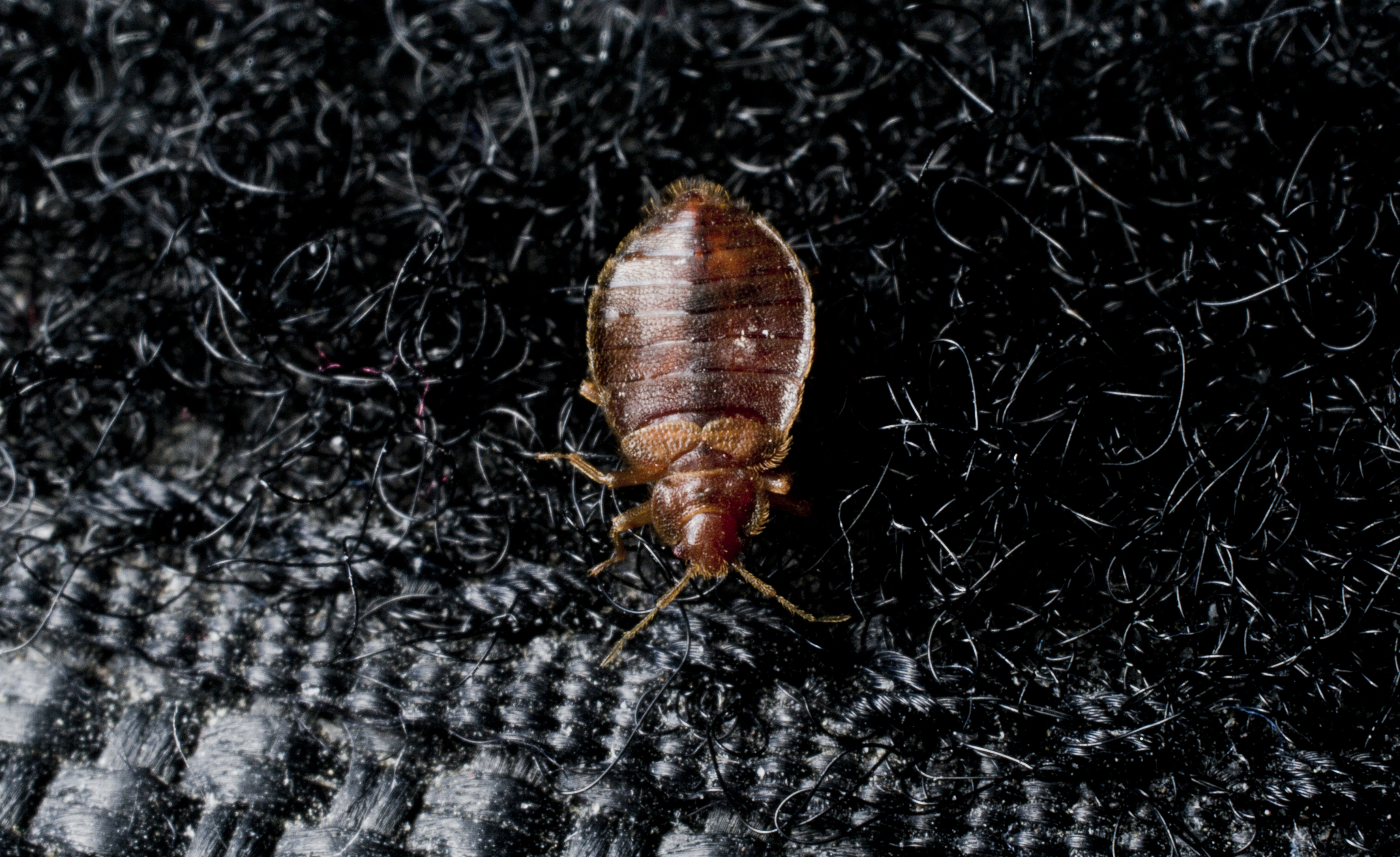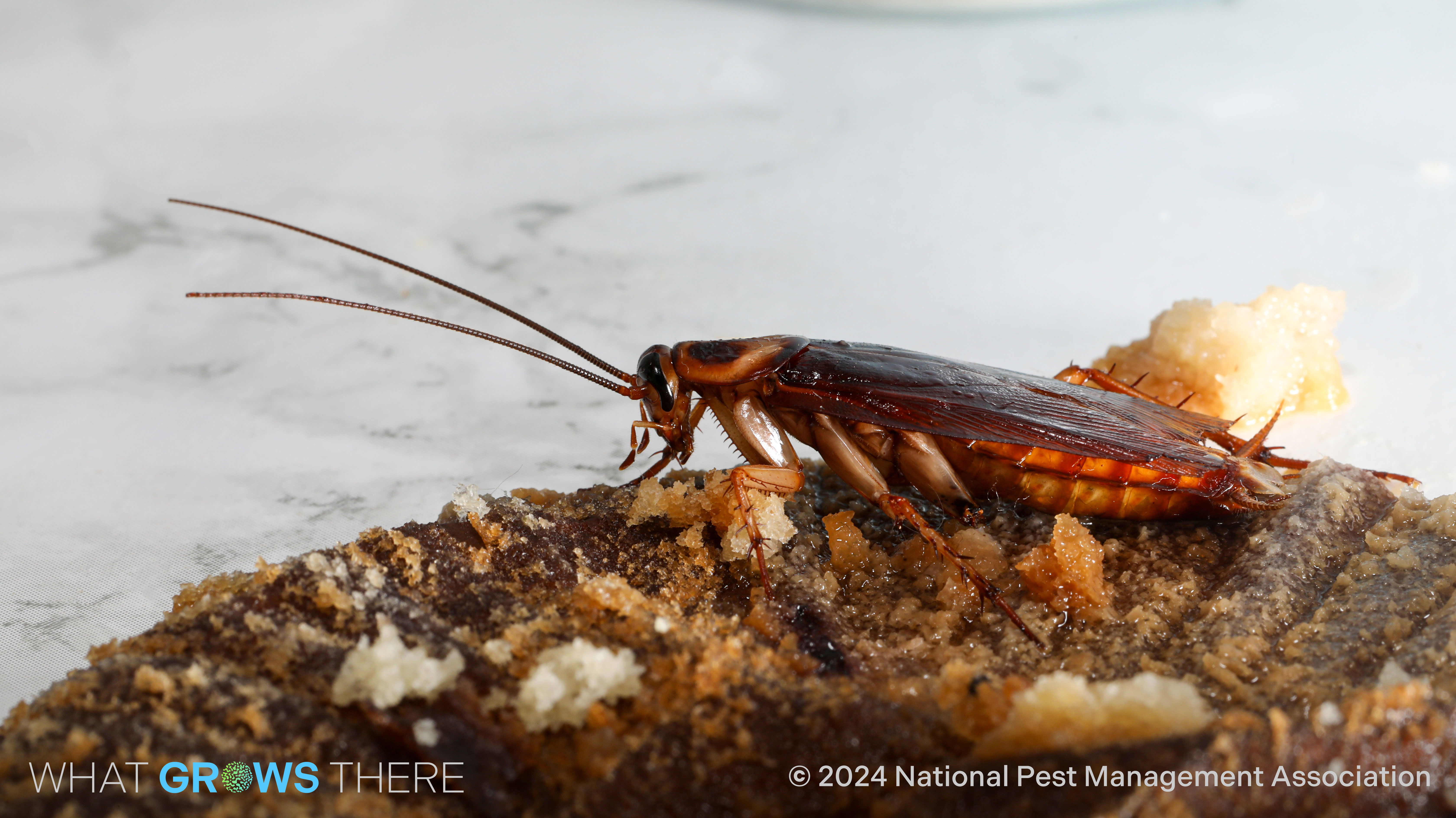Spring Has Sprung: Are You Ready for Cicadas, Flies and Ticks?
With the warmer and sunnier days of spring finally here, the entomology team at The National Pest Management Association is tracking the pests and interesting insects that homeowners are likely to encounter this season. From one of the largest broods of cicadas to ticks that can cause meat allergies, read on to find out what you can expect this spring and how you can prepare for these unwanted visitors:
Cicada Brood XIV: A Once-in-17 Years Emergence
One of the most newsworthy events this spring is the emergence of Cicada Broox XIV. It’s one of the largest broods in the United States. The brood stays underground for 17 years, so the last time they emerged was back in 2008! Residents in the following states should be on the lookout for these noisy guests:
-
Georgia
-
Kentucky
-
Indiana
-
Massachusetts
-
North Carolina
-
New Jersey
-
New York
-
Ohio
-
Pennsylvania
-
Tennessee
-
Virginia
-
West Virginia
Depending on your location, the brood will likely begin emerging in late April or May once temperatures consistently reach the 70s and 80s. While cicadas pose no danger to humans, they are quite loud. The good news is, the cacophony of sounds won’t last too long. Cicadas will conclude their mating season, and their chirping, around the end of June. At that time, it’s back underground for another 17 years until 2042.
Lone Star Ticks: Expanding Their Territory and Health Concerns
The lone star tick, which gets its name from the distinctive white spot on females’ backs is considered one of the most aggressive tick species when it comes to biting people. This concerning pest continues to expand its territory from the Southeast to increasingly more areas of the Northeast and Central states.
The lone star tick can transmit several dangerous diseases including tularemia, Heartland virus, Bourbon virus, and Southern tick-associated rash illness (STARI). Its bite is also known for causing Alpha-gal Syndrome, a rare, but potentially life-threatening meat allergy.

Termites
Spring temperatures signal the start of termite season across the country. Did you know that termites cause $6.8 billion in property damage annually? Those costs are not usually covered by homeowners’ insurance. Now is the time to be on the lookout for swarmers, winged, reproductive termites looking to set up colonies of their own. Swarmers and the wings they leave behind are two of the most visible signs of a potential infestation nearby.
Mosquitoes
The recent devastating floods in the Central and Southeastern U.S. have created ideal breeding conditions for mosquitoes, which can pose serious health risks. Mosquitoes carry numerous diseases including malaria, yellow fever, dengue, encephalitis, Chikungunya, West Nile virus, and Zika. Prevention is key to keeping these pests in check. Eliminate standing water by keeping gutters and rainspouts clear.

Rodents: A Year-Round Health Concern
Rodents spread over 35 different diseases to humans. Recent headlines have highlighted the risk of Hantavirus, which has been the cause of several high-profile deaths including that of Betsy Hackman, wife of the late actor, Gene Hackman.
Rodents are expert invaders – mice can squeeze through spaces as small as a dime. So, thoroughly inspect your home for any cracks and holes rodents may take advantage of to get inside and seal them properly. You should also store food in sealed, air-tight containers.
Call in Back Up
Preventing pests from entering your home is a crucial first step. PestWorld.org has a wealth of information on how you can incorporate pest prevention into your spring-cleaning routine. But even the best prevention, can’t keep out all pests. If you spot a pest or suspect an infestation, your next step should be to contact a qualified pest control professional. They’ll do a thorough inspection to help find the root causes of the infestation and develop a targeted treatment plan. They’ll also recommend additional steps you can take to help prevent pests from returning.

Learn About Ants
Ants are a common pest homeowners struggle to eradicate. Learn more about them!

Bed Bug Pest Guide
Traveling for the holidays this year? Be sure to keep an eye out for bed bugs! Use our Pest Guide to help identify this pest.

NPMA's What Grows There? Project
Check out NPMA's What Grows There? project to learn how pests, such as flies, cockroaches and rodents, can spread germs throughout a home.
Find a PEST PRO in your area

Learn About Ants
Ants are a common pest homeowners struggle to eradicate. Learn more about them!

Bed Bug Pest Guide
Traveling for the holidays this year? Be sure to keep an eye out for bed bugs! Use our Pest Guide to help identify this pest.

NPMA's What Grows There? Project
Check out NPMA's What Grows There? project to learn how pests, such as flies, cockroaches and rodents, can spread germs throughout a home.
